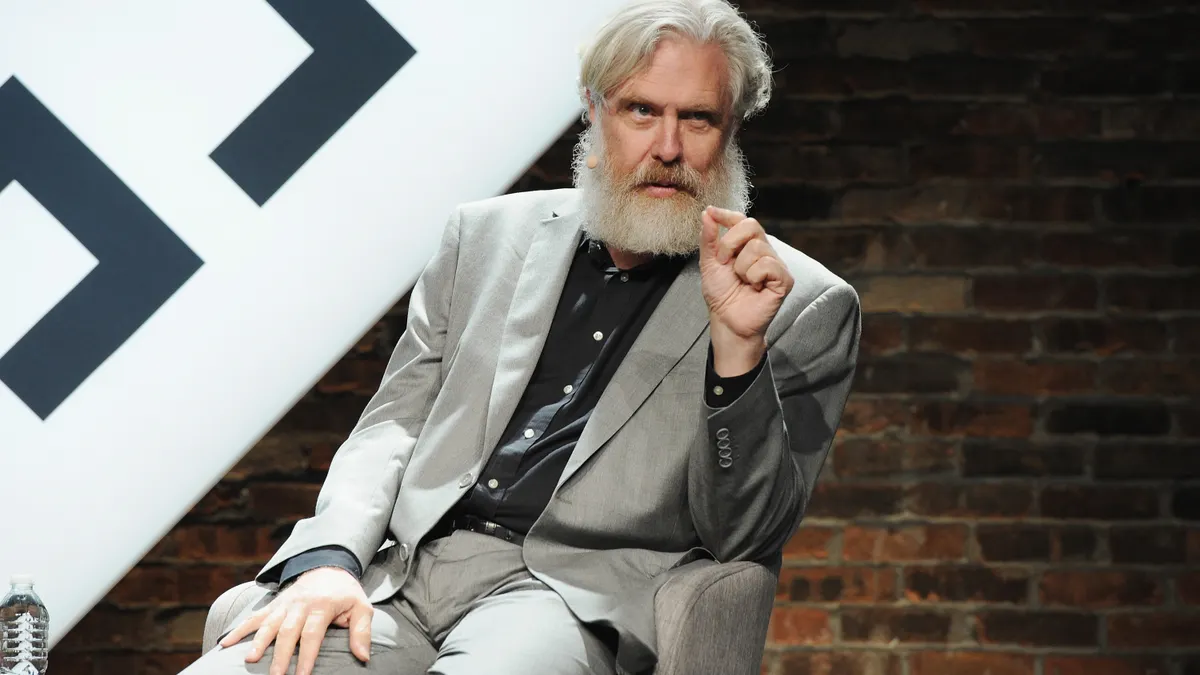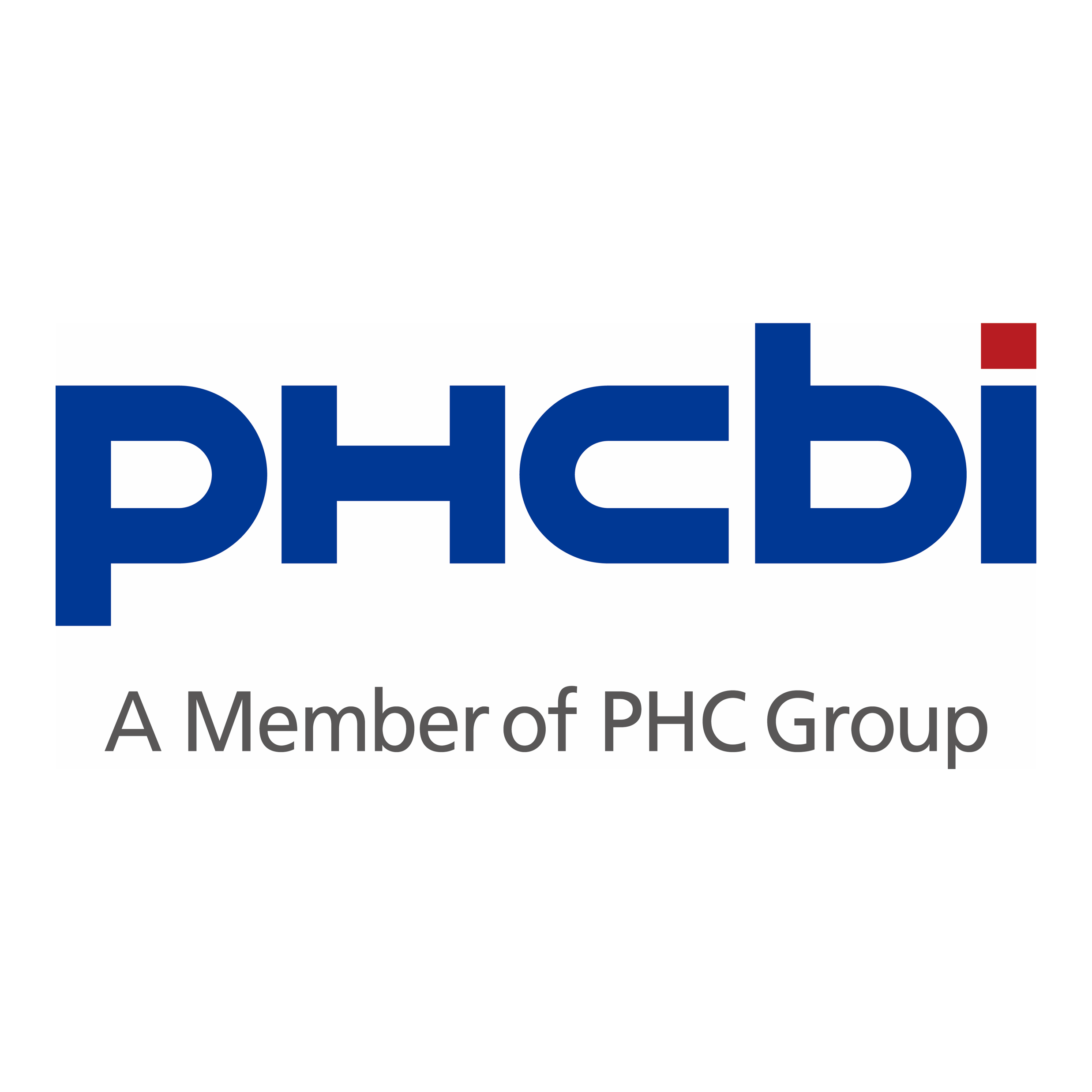A new company born out of research done by top Harvard genetic scientist George Church is promising to “revolutionize cell therapy.”
The company, GC Therapeutics, announced its launch Thursday with $75 million in financing from investors including Cormorant Asset Management and Mubadala Capital. Its board and list of advisers includes John Maraganore, the founding CEO of Alnylam Pharmaceuticals, and Steve Paul, the former CEO of Karuna Therapeutics, along with three executives representing investors.
GCTx is focused on induced pluripotent stem cells, which are derived from a person’s skin or blood cells and then reprogrammed so they can develop into any type of cell. The medical potential for the cells has attracted attention from researchers all over the world and resulted in a Nobel Prize in 2012 for two scientists who played critical roles in discovering how to induce the repogramming.
Church’s startup is taking the work a step further by building what it says is the first complete collection of human transcription factors, which control and direct the genes in a cell. That collection forms the basis of GCTx’s technology, dubbed TFome, and it allows the company to run a faster and simpler process to differentiate cells.
GCTx claims it can produce its “SuperCell” therapies up to 100 times faster than with conventional methods used to create off-the-shelf cell therapy products. And the same starting point can be used for different cells aimed at varied diseases, yielding faster drug development, the company said. It has tested the approach “across diverse cell types” in initial preclinical work.
“This approach harnesses the transformative potential of transcription factor biology to guide iPSC cell fate into any differentiated cell type in a single, seamless step,” Church said in the statement announcing the company’s launch. “It holds the promise to create cells that surpass the capabilities of those found in nature, generating a groundbreaking new class of SuperCell medicines.”
GCTx plans to begin with research on therapies for gastrointestinal, neurological and immunological diseases, but says its technology will allow it to expand to other therapeutic areas. The approach “has the potential to redefine the industry,” said Alaa Halawa, executive director and head of U.S. ventures at Mubadala, in the company’s statement.
In addition to Church, the company’s co-founders are Parastoo Khoshaklagh, who will serve as CEO; Alex Ng, GCTx’s chief scientific officer; and Cory Smith, head of discovery platforms. Church is a professor of genetics at Harvard and director of synthetic biology at the Wyss Institute.













